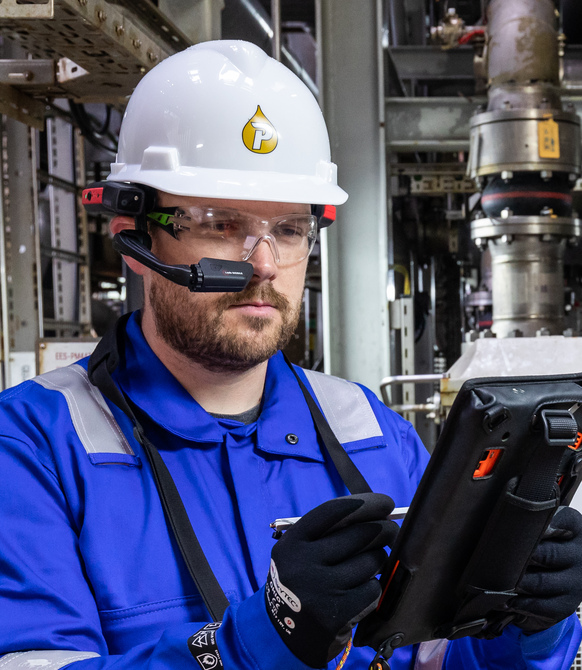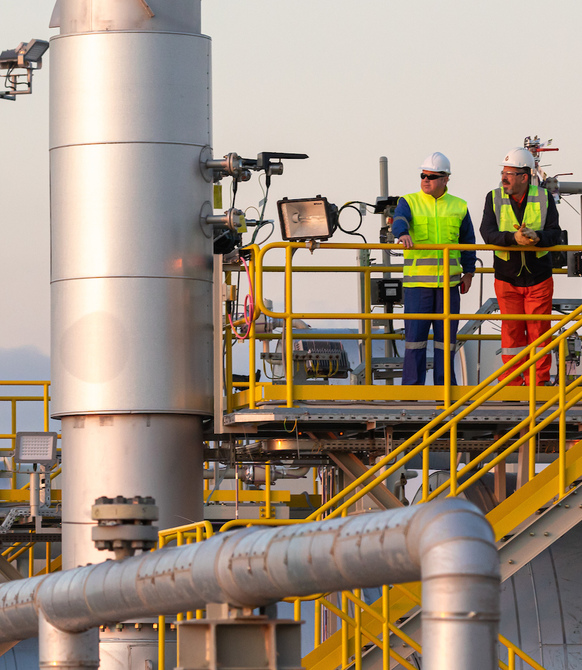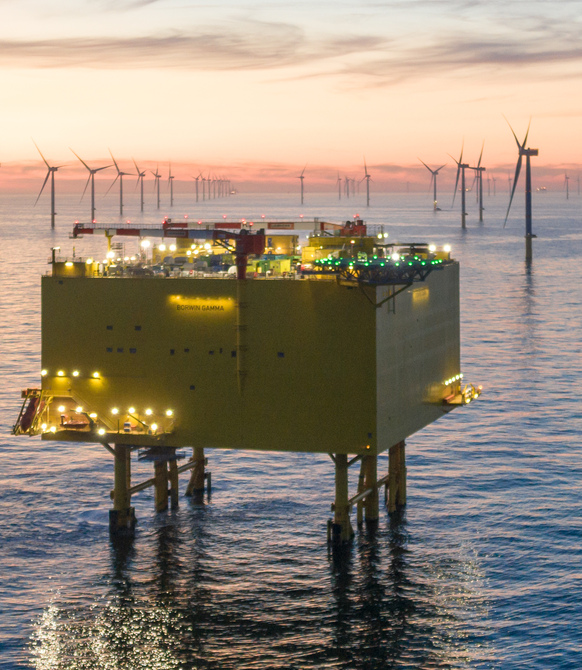30 August 2004
Proactive Service Sector can assure future of North Sea
The North Sea oil and gas industry has a bright future as long as the service sector uses new ways and all its resources to help find, develop and produce assets.
Jim Atack, managing director of Petrofac Facilities Management Europe, said: “We know that the UK Continental Shelf is a mature province. If we are to achieve stewardship into its old age then we must work together. But what is most important is that we stay positive about it.”
Speaking on the theme of ‘A Mature Service Sector for A Mature Basin’ at a recent UKOOA business breakfast in Aberdeen, Mr Atack added: “I think that we will have to adapt to the challenges of a changing market and ensure that we provide the right skills for the future.
Mr Atack said when he joined the industry in 1977, forecasts were predicting that hydrocarbons would be extinct in the North Sea by the end of the 20 th century. However, it is estimated that only 50 per cent of assets have been recovered from the basin to date.
“If we start to believe that the world will end the day after tomorrow then it probably will. However, we do have a future if we have new ways to find, develop and produce the assets that are there.”
Mr Atack said asset transfer had added value in the last decade, with new owners bringing new talents. However, he stressed this was not the only way to deliver added value.
“Service companies should step up to the mark. The sector could turn maturity to its advantage by making skills gained over the years working with the large oil companies available to the new entrants. A proactive service sector will deliver results faster than a reactive process driven only by clients.
”Infrastructure was also important, but long-term sustenance required the delivery of incremental projects at the front end of the process, he said.
A fully-fledged service sector facilitated the entry of new licence operators by making available senior skills and services previously used by the larger oil companies, he added.
“I do not believe we are looking down a sharp incline as far as the future of the industry is concerned. We have to stay positive and adopt innovative ways and all our resources to deliver the hydrocarbons out there,” he said.








